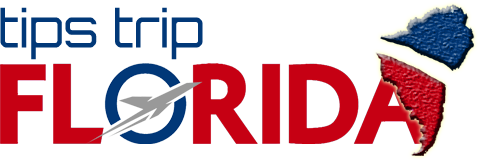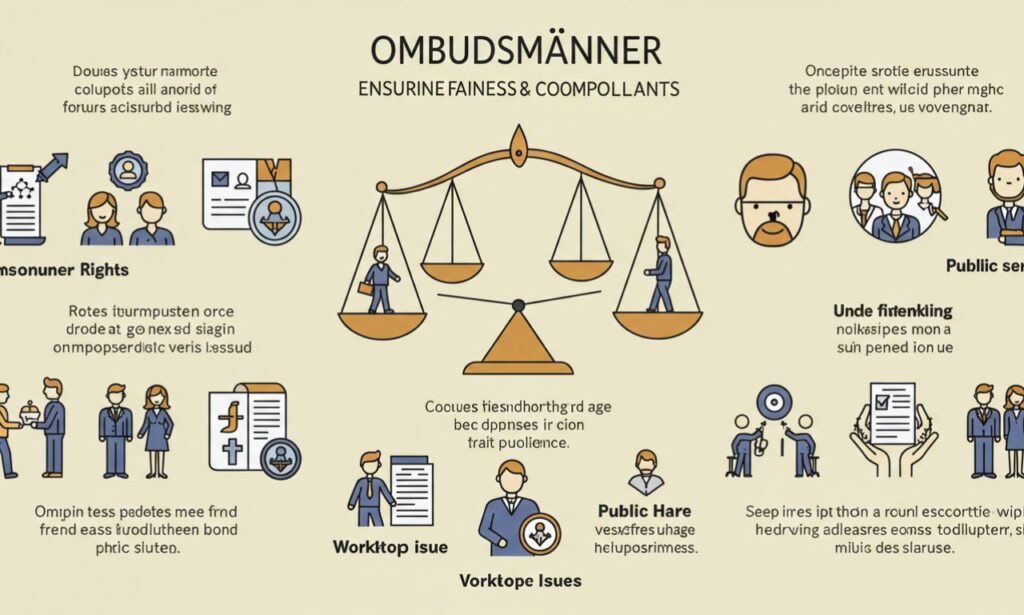Ombudsmänner, often simply known as ombudsmen, play a crucial role in promoting fairness, transparency, and justice across public administration and private entities. Whether appointed by governments, corporations, or educational institutions, ombudsmänner serve as independent and impartial agents who investigate complaints and help resolve disputes between individuals and organizations.
This role traces its origins back to Sweden in the early 19th century. Today, it is recognized globally as a symbol of accountability and advocacy. With the increasing complexity of bureaucratic systems, ombudsmänner help bridge the gap between the governed and the governing by listening, investigating, and ensuring fair treatment.
ombudsmänner in public institutions
In government settings, ombudsmänner are tasked with overseeing administrative conduct. They accept complaints from citizens about unfair treatment, procedural delays, or bureaucratic opacity. These professionals have the power to investigate systemic failures and recommend reforms. While they typically lack binding legal authority, their influence stems from credibility and public trust.
ombudsmänner in private organizations
In the corporate world, ombudsmänner may be appointed to handle internal employee disputes, client complaints, or ethical concerns. Their neutrality ensures employees can report grievances without fear of retaliation. In financial institutions, an ombudsman helps resolve customer service issues swiftly, thus maintaining brand reputation and legal compliance.
qualifications and training for ombudsmänner
It often come from legal, public policy, or human rights backgrounds. Training focuses on mediation, investigative techniques, ethics, and administrative law. Soft skills like empathy, neutrality, and communication are equally vital. Certification programs, such as those from the International Ombudsman Association, offer additional credibility.
ombudsmänner responsibilities
Their primary duties include:
-
Receiving and evaluating complaints
-
Investigating administrative decisions or processes
-
Recommending corrective actions
-
Ensuring compliance with internal policies or legal norms
-
Mediating disputes informally
These tasks are performed while maintaining strict confidentiality, neutrality, and independence from the entities they oversee.
how ombudsmänner support democracy
In democratic societies, It strengthen public confidence in institutions. By addressing grievances transparently and constructively, they prevent small issues from escalating into widespread mistrust. Their reports often lead to significant reforms and greater government accountability.
ombudsmänner in human rights advocacy
Some ombudsmänner specialize in human rights violations, especially in areas like immigration, policing, or healthcare. These roles involve inspecting detention centers, reviewing law enforcement conduct, and advocating for marginalized groups.
ombudsmänner in educational institutions
Universities and schools use ombudsmänner to manage academic appeals, discrimination claims, and harassment reports. As neutral intermediaries, they ensure students and staff are heard, promoting fairness and institutional integrity.
digital transformation
Modern ombudsmänner use digital platforms to file, track, and manage complaints. Online accessibility boosts transparency and citizen participation. AI-driven tools also help identify complaint patterns and flag systemic issues early.
independence and impartiality of ombudsmänner
Their credibility hinges on independence. They cannot be beholden to political or organizational pressures. Codes of ethics, public reporting, and legal protections reinforce their autonomy.
whistleblower protection
Ombudsmänner often handle whistleblower reports. Their role includes protecting the identity of the whistleblower, ensuring non-retaliation, and investigating misconduct claims fairly and promptly.
cultural sensitivity
Given the diversity of complainants, ombudsmen must be trained in cultural competency. They ensure respectful communication and fair interpretation of grievances across different backgrounds.
ombudsmänner vs. internal HR departments
Unlike HR, ombudsmen operate independently and don’t represent the employer. This gives employees a safe, unbiased channel to voice concerns, especially in hierarchical or sensitive contexts.
international organizations
Bodies like the UN, EU, and World Bank employ ombudsmen to safeguard ethical practices and internal justice. These roles are essential in complex, multi-national operations with thousands of employees and stakeholders.
complaint resolution process
The typical process involves:
-
Complaint intake
-
Preliminary review
-
Investigation
-
Mediation (if appropriate)
-
Recommendations
-
Follow-up monitoring
Confidentiality and impartiality guide each step.
ombudsmänner and systemic change
Beyond individual complaints, they identify root causes. Their reports often include policy recommendations, process improvements, and training initiatives that lead to long-term institutional reforms.
ombudsmänner challenges
Common challenges include limited enforcement power, resistance from leadership, resource constraints, and public misconceptions. Navigating these requires credibility, resilience, and institutional support.
ombudsmänner accountability
They must also be accountable—to the public, boards, or oversight committees. Transparent reporting, ethical conduct, and stakeholder feedback ensure that they uphold the values they defend.
ombudsmänner and restorative justice
Some ombudsmen use restorative justice principles, encouraging dialogue and reconciliation over punitive outcomes. This human-centered approach can rebuild trust and repair relationships.
crisis situations
During crises—like pandemics or social unrest—ombudsmen are vital in flagging service breakdowns and safeguarding citizen rights. Their insights guide governments toward humane and effective responses.
emerging democracies
In countries with fragile institutions, they help build legal awareness and citizen empowerment. They often work with NGOs to promote transparency and civic engagement.
ombudsmänner best practices
Best practices include:
-
Confidential intake systems
-
Culturally competent staff
-
Regular public reports
-
Stakeholder engagement
-
Strong legal mandate
future of ombudsmänner
With rising digital governance and complex rights issues, the role of ombudsmen will only grow. Innovations like AI insights, blockchain documentation, and mobile-first complaint platforms will enhance their impact.
Conclusion
Ombudsmänner stand as guardians of fairness in a complex world. Whether in public administration or private enterprises, they ensure voices are heard, rights are protected, and justice is accessible. As institutions evolve, the need for impartial, compassionate oversight will remain vital—and it’s role will continue to expand in relevance and impact.







